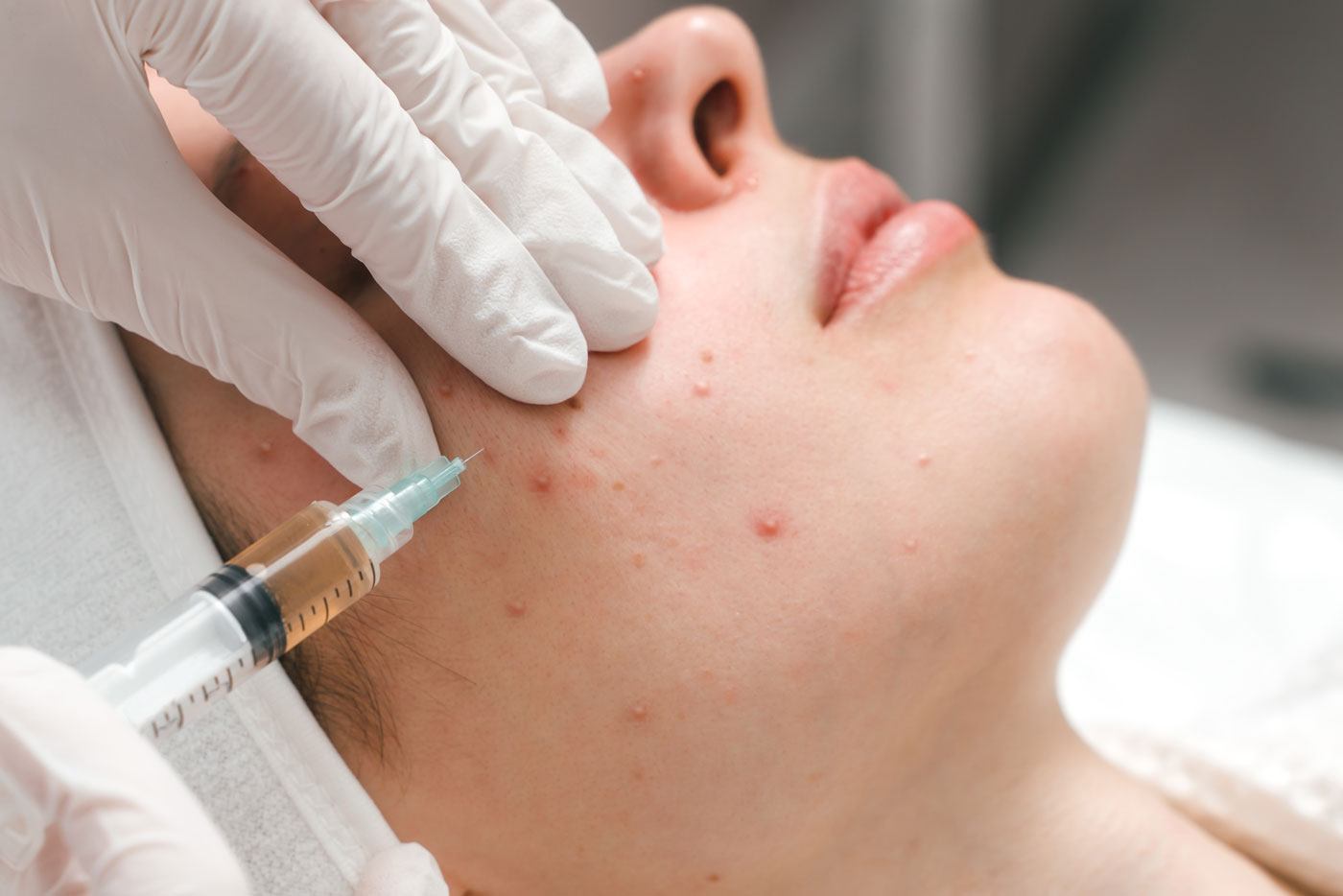Dermatology
The medical specialty of dermatology is dedicated to the identification, management, and prophylaxis of disorders affecting the skin, hair, nails, and mucous membranes. Dermatologists are medical professionals with specialized training in treating a broad spectrum of skin ailments. These conditions range from dangerous diseases like skin cancer to cosmetic concerns like wrinkles and acne.
Dermatologists diagnose skin disorders using a variety of methods, such as laboratory testing, skin biopsies, and physical examinations. After that, they create individualized treatment programs for each patient that can involve prescription drugs, topical creams, surgery, or other measures.
Some common conditions treated by dermatologists include:
- Acne: A skin condition characterized by pimples, blackheads, and cysts, often occurring on the face, chest, and back.
- Eczema: A chronic skin condition that causes itching, redness, and inflammation.
- Psoriasis: A chronic autoimmune condition that causes red, scaly patches on the skin.
- Skin cancer: The abnormal growth of skin cells, which can be caused by sun exposure or other factors.
- Dermatitis: Inflammation of the skin, which can be caused by allergies, irritants, or other factors.
- Hair loss:Conditions such as alopecia areata, which causes hair loss in patches, or male pattern baldness.
Dermatologists also perform cosmetic procedures to improve the appearance of the skin, such as Botox injections, chemical peels, and laser therapy.
Overall, dermatology plays a crucial role in maintaining the health and appearance of the skin, helping patients to feel more confident and comfortable in their own skin.
Diseases affecting the skin and subcutaneous tissues.

